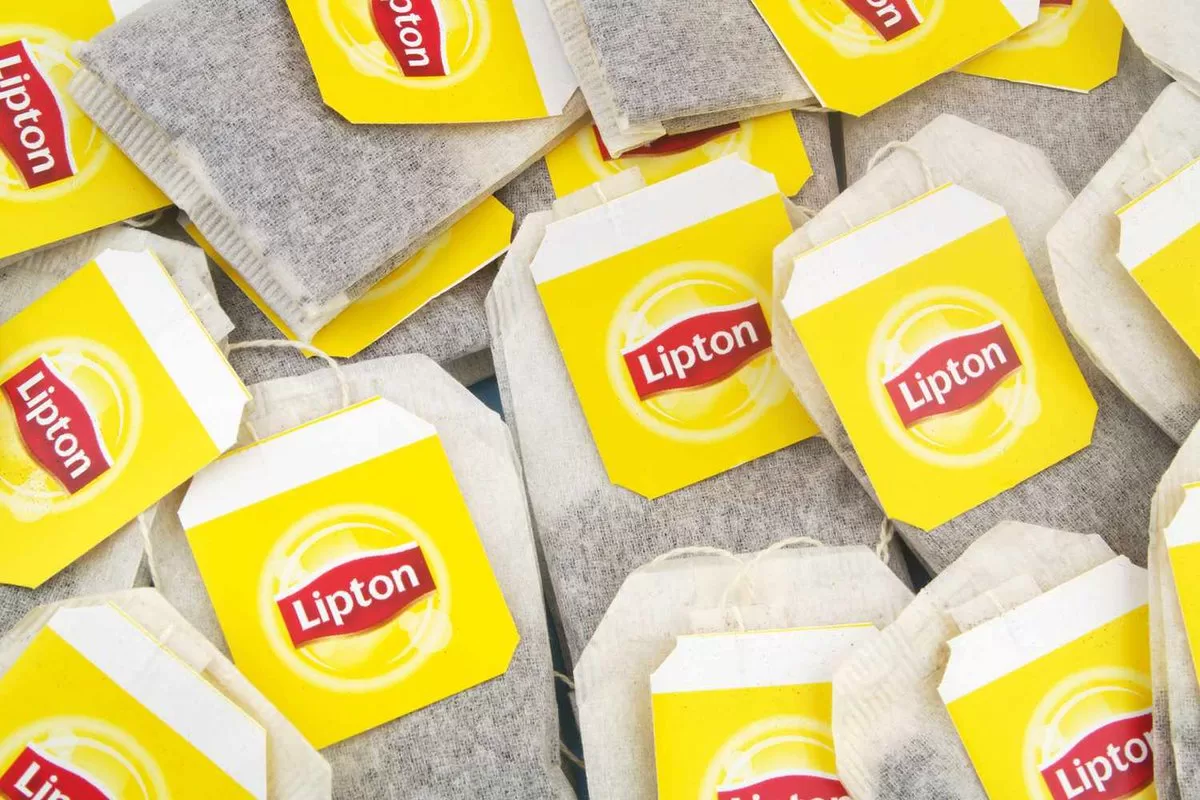Unilever Ghana PLC has stepped forward to dispel speculations regarding the shift of its Lipton tea manufacturing to Nigeria, clarifying that the move is not a response to adverse business conditions within Ghana.
The company affirmed that the pause in tea production aligns with a global initiative aimed at transitioning operations to its Nigerian subsidiary, Eketerra, and is unrelated to broader macroeconomic challenges.
Amidst a wave of multinational departures from Ghana citing economic and profitability concerns, Unilever Ghana, a stalwart in the fast-moving consumer goods sector, found itself under scrutiny following the suspension of its Lipton tea line.
However, Unilever Ghana’s Managing Director, Chris Wulff-Caesar, underscored that the decision forms part of a comprehensive global strategy to optimize operations and capitalize on subsidiary strengths.
Wulff-Caesar clarified, “Certain decisions are made at the global level, impacting us locally. Just as in 2019, when we transitioned our oils and spreads business to Upfield, this shift reflects a global strategy to concentrate on specific core categories.”
“The tea transition mirrors this strategy. It’s not isolated to Ghana but part of a broader global optimization effort. This move doesn’t stem from challenges like ‘Dumsor’ or local activities; it’s a strategic global decision.”
He further elaborated, “The tea operations leaving Ghana are not headed to Unilever Nigeria but to the new entity, Eketerra. This decision commenced in 2021 and took time to implement.”
Highlighting Ghana’s continued appeal for investment, Wulff-Caesar affirmed Unilever’s commitment to the region, stating, “Ghana remains an attractive investment destination, evidenced by our ongoing investments in the factory. We are firmly rooted in Ghana.”
A recent visit to the factory showcased the full-scale production of Unilever Ghana’s popular brands, underscoring management’s focus on operational stability and streamlining the global supply chain for enhanced efficiency.
Unilever Ghana PLC’s financial report for the fiscal year ending 2023 highlighted a robust performance, witnessing an 838 percent surge in profits compared to the previous year.
The company’s upward trajectory persists, with first-quarter revenues for 2024 exceeding ¢240 million, driven by substantial material cost savings.


